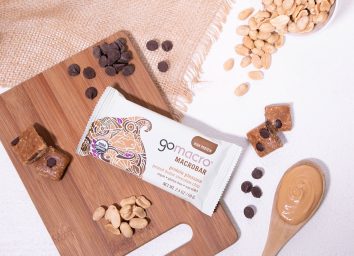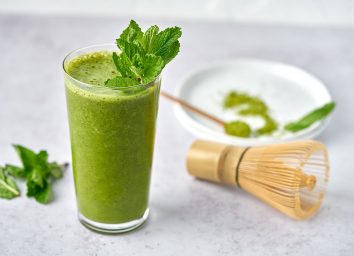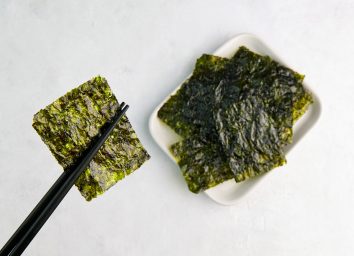This One Diet May Prevent High Blood Pressure, New Study Says
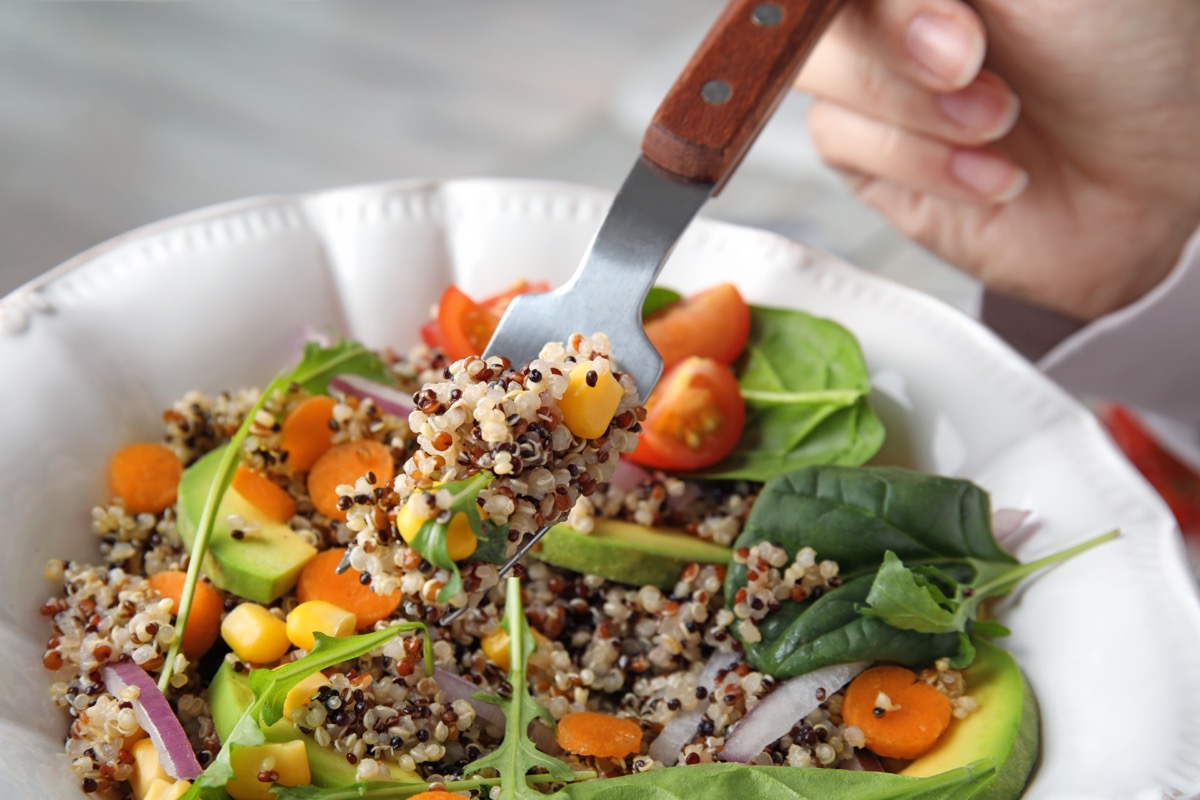
By now, it's no news that eating a predominantly plant-based diet may be key to staving off chronic disease in the long run. Now, two new studies suggest that switching to a plant-based diet may also benefit pregnant mothers in the immediate term by keeping their blood pressure levels in check.
Investigators at the Medical College of Georgia and the Medical College of Wisconsin recently reported in the journals Acta Physiologica and Pregnancy Hypertension: An International Journal of Women's Cardiovascular Health that gut microbiota help regulate our immune system response.
Gut microbiota contain trillions of microorganisms that help us digest food and may play a role in impacting mental processes like mood. This is because gut bacteria manufacture about 95% of the body's supply of serotonin, which affects your gastrointestinal activity and possibly your mood. These microorganisms thrive on both prebiotics and probiotics, both of which are primarily found in plant-based foods.
So if gut microbiota may be able to impact our mood, then it makes sense that it might also impact other things, like protecting us from high blood pressure (hypertension), right?
What did both studies reveal?
Essentially, researchers discovered that diet intervention can help improve gut microbiota and protect against hypertension, even when dietary salt consumption is high. Here's how they came to this unexpected observation.
Rodents that were in the Dahl salt-sensitive group were essentially bred to develop hypertension and progressive kidney disease on a high-salt diet. The rats were all fed a milk-based protein diet, but some were then switched to a grain-based diet. Keep in mind that both diets are relatively low in sodium.
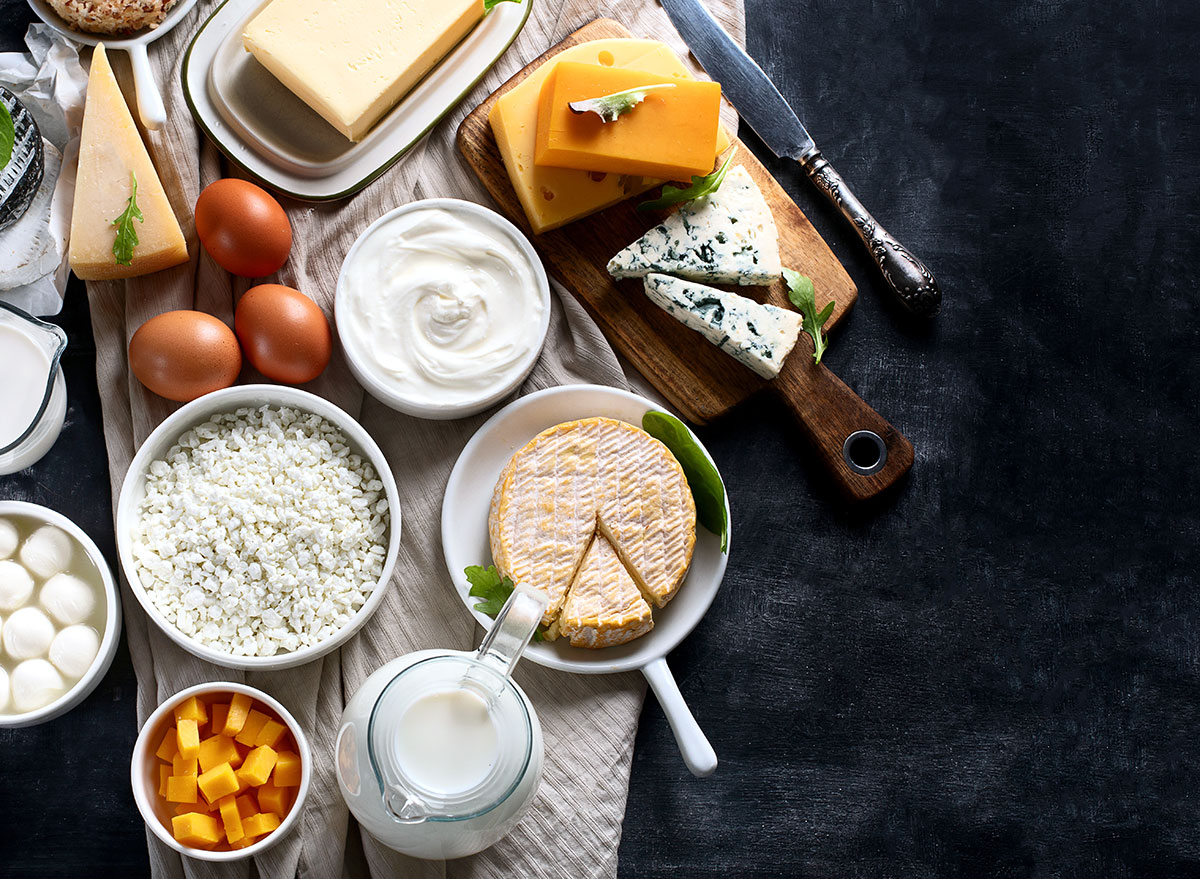
However, when both groups were fed a high-salt diet, the rodents that had switched to a grain-based diet developed significantly less high blood pressure and related kidney damage than those on the milk-based protein diet. This led researchers to believe that developing hypertension is not only about sodium consumption but also about everyday dietary choices.
"The animal protein amplified the effects of the salt," Dr. David L. Mattson, senior author of the study and a longtime hypertension researcher, said in a statement.
"Since the gut microbiota has been implicated in chronic diseases like hypertension, we hypothesized that dietary alterations shift the microbiota to mediate the development of salt-sensitive hypertension and renal disease," the authors wrote in the journal Acta Physiologica.
In fact, the gut microbiome was entirely different between the two groups of rats, yet their genetic material was virtually identical. Interestingly enough, when the rats that were fed the grain-based diet received a transplant of the gut microbiota from the rats eating the milk-based protein diet, they experienced increases in blood pressure.
When the reverse was performed, the rats that were eating the milk-based protein diet didn't experience any benefits from the other group's microbiota. This is because the new microorganisms couldn't flourish in the face of the animal-based protein diet, researchers speculate.
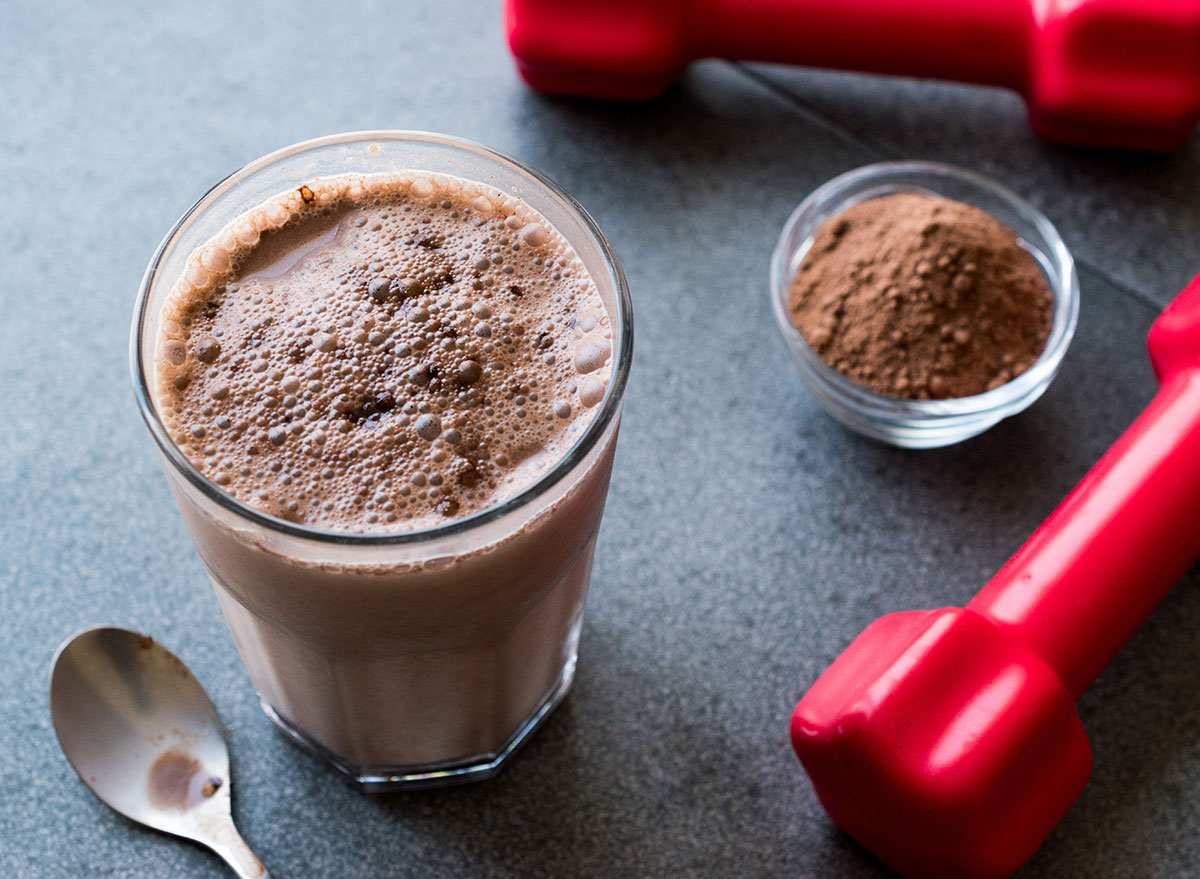
When both groups of rodents gave birth, those that were on the whole-grain diet were protected from preeclampsia, a condition in which a pregnant mother develops high blood pressure that can lead to serious or even fatal complications for both her and the baby. On the other hand, more than half of the rodents that continued on the milk-based protein diet developed the condition.
"This means that if mom is careful with what she eats during pregnancy, it will help during the pregnancy but also with her long-term health and could provide protective effects for her children," Dr. John Henry Dasinger, postdoc and one of the authors of the study said in a statement.
The researchers noted that this finding reinforces the message that both physicians and scientists have been sending mothers-to-be for decades: Diet matters during pregnancy.
Bottom line: These animal studies suggest that eating a primarily plant-based diet before and during pregnancy may help reduce a mother's chances of developing preeclampsia. However, keep in mind that these studies were conducted on rats, so human trials would be needed in order to confirm the validity of their findings.
Of course, anyone may benefit from incorporating more plant-based foods into their diet, while also cutting back on foods that are salt-laden and processed. For more, be sure to check out the 14 Best Low-Sodium Canned Soups for Heart Health, Approved by Dietitians.
